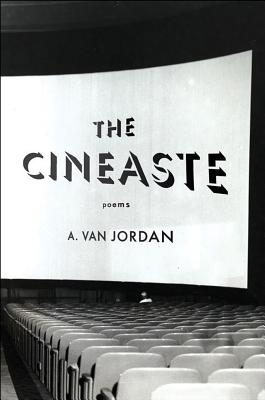When I was an MFA student at the University of Maryland, Stanley Plumly said two things about my poetry that have stuck with me and shaped not only how I think about my writing process but also how I approach teaching creative writing.
In one conference, he asked, Will you ever write a ten-syllable line? Stanley Plumly is fond of John Keats’s work, so maybe he did want me to write in ten-syllable lines, but the question was designed to force to me think about formal choices I was making. My initial, silent response was that I was experimenting with enjambment and found pleasure in the skinny strand of phrases falling down the page. Not too long after, though, I realized that I had become too enamored with the short-line trick I could perform and too dismissive of trying a variety of formal approaches. That comment about line length has led me, over the years, to question other habits too, including poem length (is the poem’s length dependent on my favorite notebook size?) and catchphrases (for a while, I slipped quite and rather in to my writing all over the place).
In another conversation, Stanley Plumly said, You never write a bad poem. For about twenty seconds, that comment felt like the highest compliment an eager young MFA student could get from a big-name poet. But I knew he was telling me I wasn’t putting enough at risk. He made me admit I was playing it safe. For the most part, I had to figure out for myself how to be more ambitious. One of the main criticisms of the workshop is the emergence of what Donald Hall named the McPoem. In my experience, the workshop and creative writing professors work against that effect. I am grateful that someone told me that my excellent McPoems weren’t good enough.






